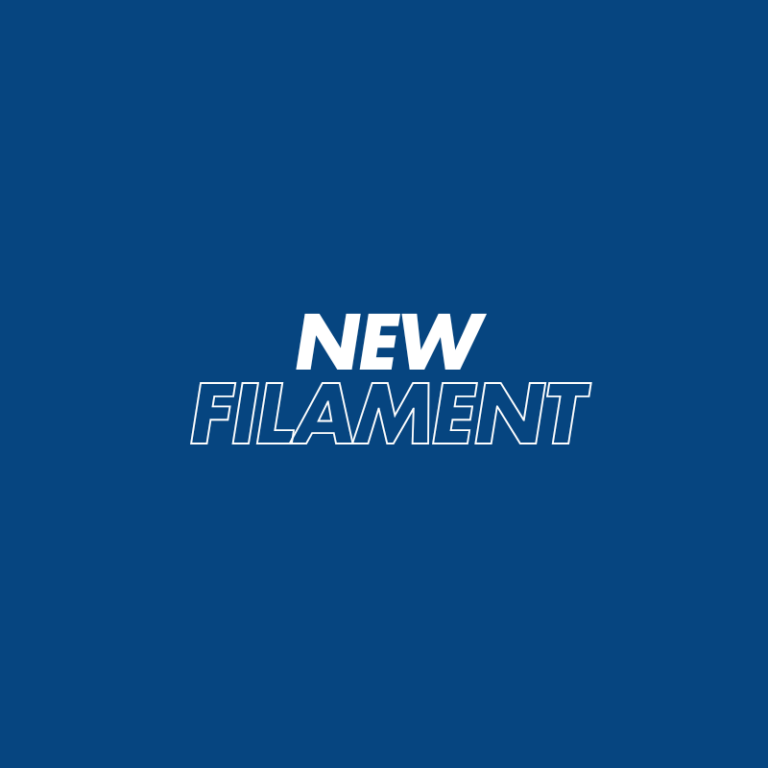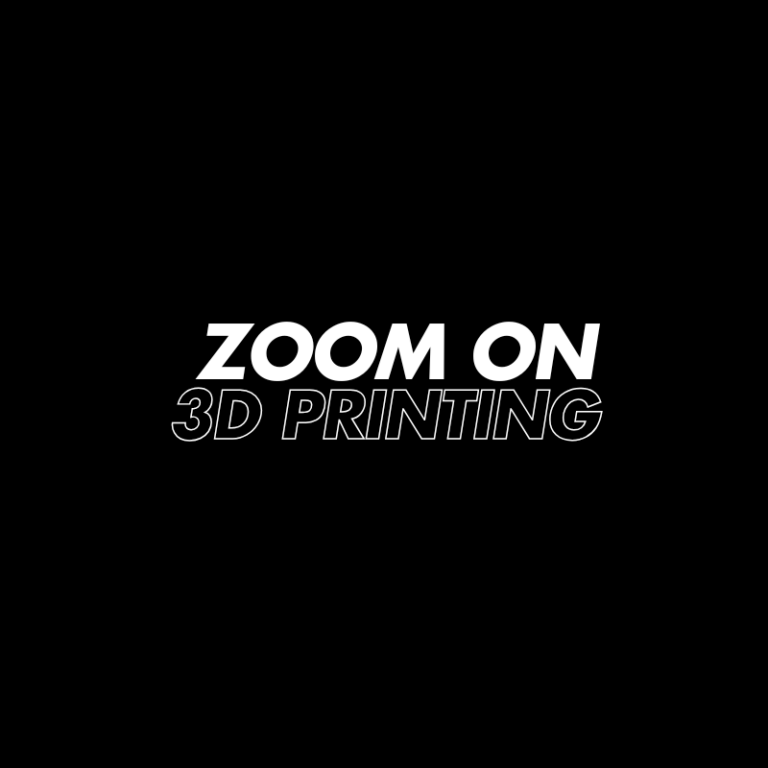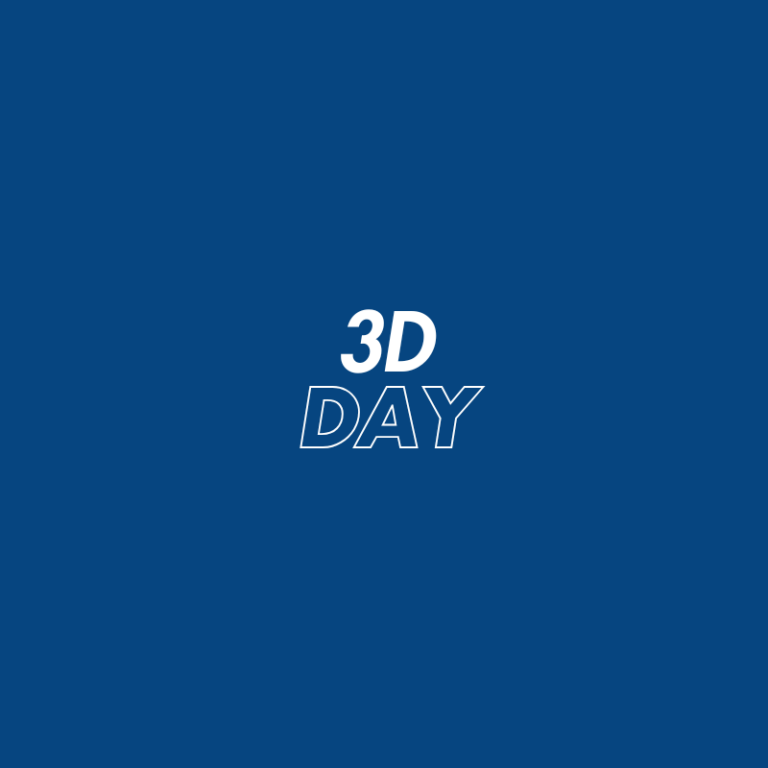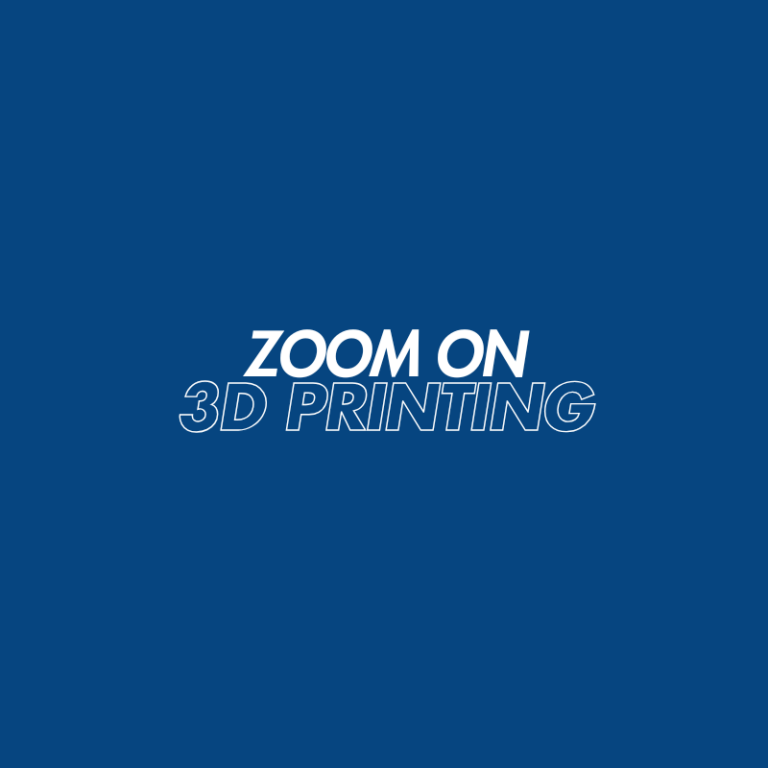Zoom on PCL filament (Polycaprolactone 100)
PCL (Polycaprolactone) filament is a medical-grade polymer recognized for its high flexibility, biocompatibility and slow resorption, making it a strategic choice for many applications in tissue engineering and implantable devices.
This soft, white, semi-crystalline thermoplastic is characterized by very gradual degradation, enabling it to remain in the body for a long time before complete resorption, generally beyond 36 months. Made in France, our PCL 100 is 100% polycaprolactone.
What is a resorbable implantable filament?
An implantable and resorbable filament is a polymer designed to be introduced into the human body, with the ability to degrade naturally, without surgical intervention to remove it. This degradation process occurs by hydrolysis or under the effect of body enzymes.
These materials are widely used in :
- orthopedic and maxillofacial surgery,
- tissue engineering,
- manufacture of temporary medical devices.
They provide temporary mechanical support while biological tissue regenerates.
Technical specifications of PCL 100 filament
- Consumable type: Filament
- Material: Polycaprolactone (PCL)
- Color : White
- Appearance: Flexible
- Diameter: 1.75 mm or 2.85 mm
- Weight: 100 g or 200 g
- Manufacturing: France
- Properties: Bioresorbable, biocompatible, implantable, slow resorption
PCL 100 applications
Thanks to its prolonged mechanical strength and flexibility, PCL 100 is particularly well suited to applications where slow, controlled degradation is required.
1. PCL osteosynthesis plates and screws
PCL is used to manufacture temporary fixation devices (plates, screws) in orthopedic and maxillofacial surgery. These implants ensure bone consolidation before gradually disappearing, without the need for extraction.
2. Scaffolds in tissue engineering
This filament is ideal for the design of 3D scaffolds to support cell growth. These structures enable the progressive regeneration of soft tissue or bone.
3. Surgical sutures
PCL can also be used for certain absorbable sutures, when prolonged hold is required. Its flexibility enables optimal adaptation to moving tissue.
Benefits
- Very slow resorption (>36 months), ideal for long-term implants
- High flexibility, adapts to body movements without breakage
- Outstanding biocompatibility, does not generate significant inflammatory reactions
- Durable mechanical support before complete resorption
Disadvantages
- Lower extrusion temperature (160-200°C), requiring specific 3D printing expertise.
- Slow cooling time, to be taken into account to avoid printing too dense or too fast
- Less suitable for complex geometries without precise thermal control







